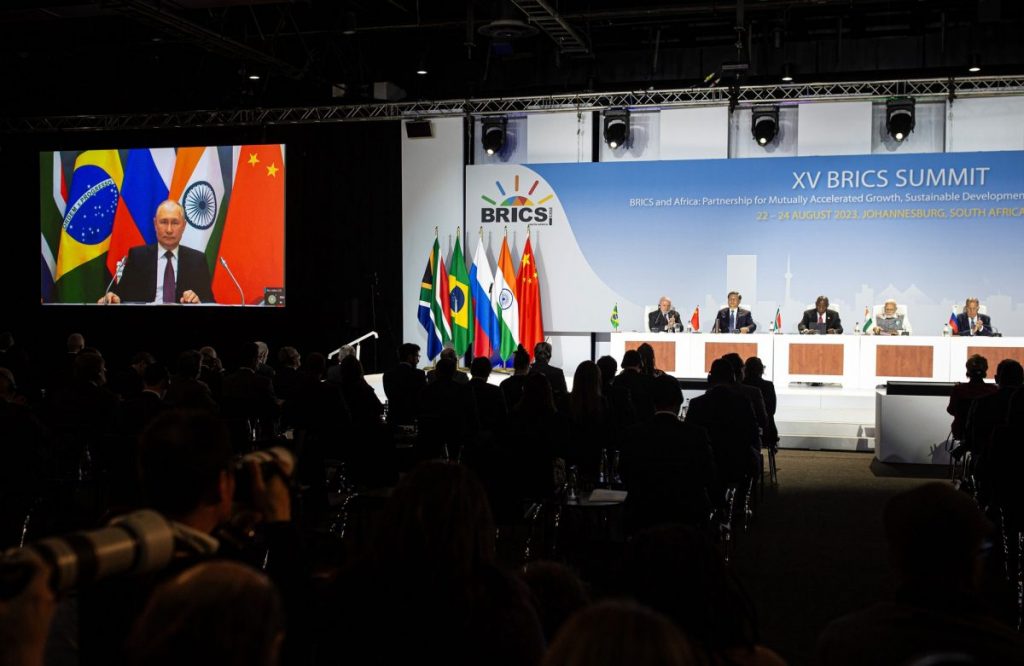When Leaders Fail Democracy Democracy Fails The People Saiia

When Leaders Fail Democracy Democracy Fails The People Saiia Becoming a great leader is a journey of continuous learning and growth. it’s a process — one that thrives on embracing challenges, seeking feedback, fostering connections, and cultivating. Find new ideas and classic advice for global leaders from the world's best business and management experts.

Home Saiia In most large organizations, a typical ceo’s or senior executive’s calendar is clogged with 1:1 meetings. these are usually seen as necessary for alignment, decision making, or relationship. Occupying a leadership position is not the same thing as leading. to lead, you must be able to connect, motivate, and inspire a sense of ownership of shared objectives. heightening your capacity. Second, leaders must deliberately make space and use time for connection. finally, they must ask questions and check in, in order to gather information and address their people’s concerns. An often overlooked aspect of successful leadership communication is speakers’ ability to convey power through their diction, phrasing, topics, and patterns. research points to five techniques.

Failure Of Democracy Pdf Voting Elections Second, leaders must deliberately make space and use time for connection. finally, they must ask questions and check in, in order to gather information and address their people’s concerns. An often overlooked aspect of successful leadership communication is speakers’ ability to convey power through their diction, phrasing, topics, and patterns. research points to five techniques. Leadership is different from management, but not for the reasons most people think. leadership isn’t mystical and mysterious. it has nothing to do with having “charisma” or other exotic. Leaders who listen well create company cultures where people feel heard, valued, and engaged. in addition, employees who experience high quality listening report greater levels of job satisfaction. Executive coach peter bregman on how indecision, poor judgment, and misplaced values chip away at a leader’s impact. Research suggests that the most effective leaders adapt their style to different circumstances — be it a change in setting, a shift in organizational dynamics, or a turn in the business cycle.
Comments are closed.